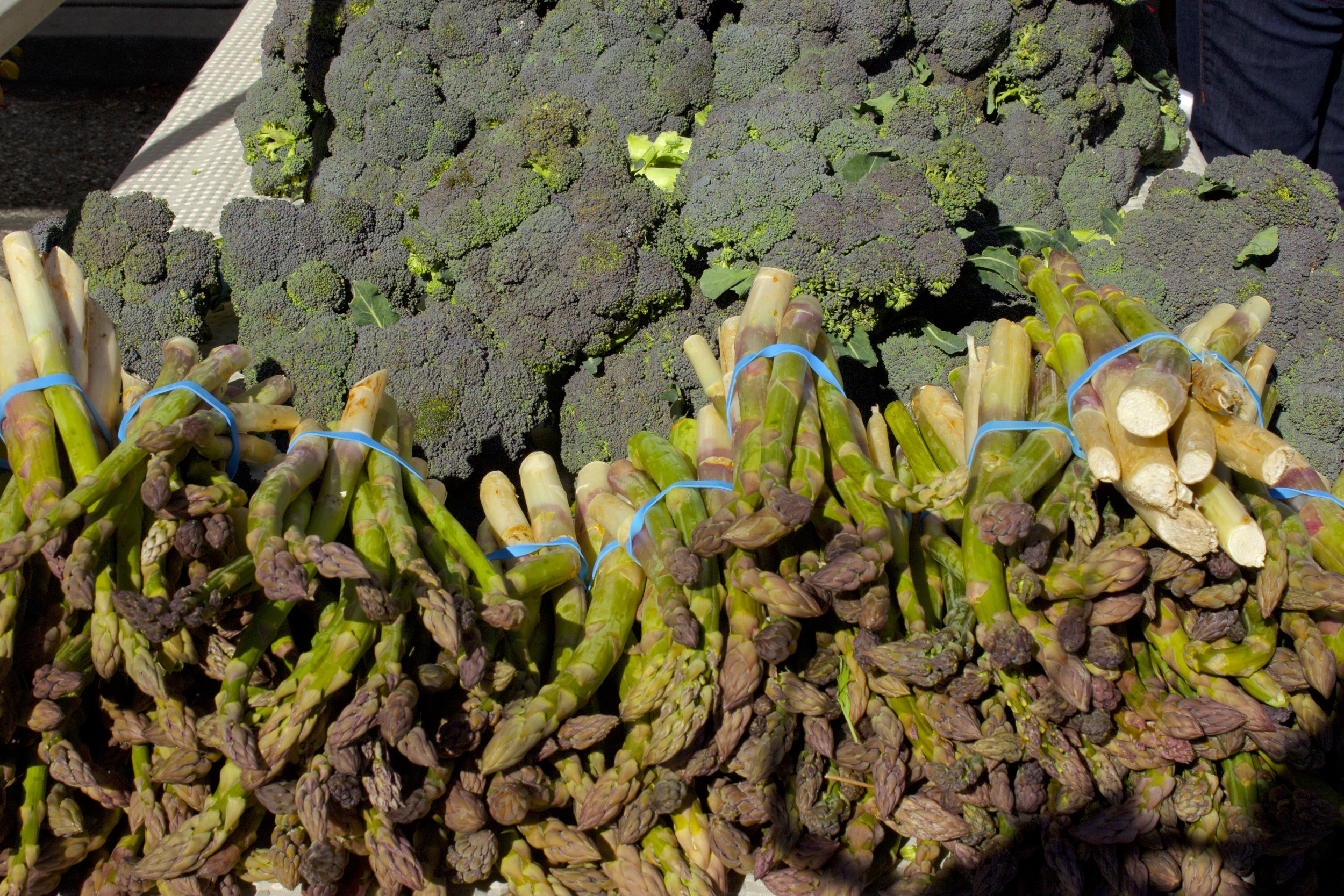Carbohydrates
People usually think of starchy food like bread, rice, potatoes and cereal when they think of carbohydrates (CHO). But fruits and vegetables are carbohydrates too, just healthier ones.
Carbohydrates are worth understanding. Their correct use can give you sustained energy while there misuse can lead to numerous health problems. Carbohydrates break down into sugar, which we need to function. But if sugar enters our system faster than we can use it, it is unhealthy and is stored as fat. Carbohydrates fall along a spectrum in their physical and chemical makeup. Depending on their characteristics they breakdown and enter the bloodstream at various rates. A scale called glycemic index is currently used to quantify this important trait.
Glycemic Index
“ The glycemic index (GI) is a ranking of carbohydrates on a scale from 0 to 100 according to the extent to which they raise blood sugar levels after eating. Foods with a high GI are those which are rapidly digested and absorbed and result in marked fluctuations in blood sugar levels. Low-GI foods, by virtue of their slow digestion and absorption, produce gradual rises in blood sugar and insulin levels, and have proven benefits for health."
Although glycemic index (GI) has a very precise mathematical definition, it is something that can be reasonably deduced intuitively. The GI of sugar is 100. Foods that are intact, or more structured, have lower GI. The Wikipedia site about GI is very good and has a nice graph giving examples of the glycemic index of various foods.
High GI= 70 or above:
White bread, white rice, Corn flakes, breakfast cereals, potatoes and snacks like pretzels and bagels.
Medium GI= 56 to 69:
Whole wheat flour, or whole-grain rice, dried fruits, Banana
Low GI= 55 or less:
beans, nuts, seeds such as sunflower, flax and sesame, intact grains like wheat berries, most vegetables, most fresh sweet fruits such as peaches, strawberries, mangoes.
If you are pregnant, diabetic or overweight, you may be carbohydrate intolerant. This means you have difficulty getting sugar into you cells and metabolizing it. This may be sugar you ate, or sugar which is the result of you digesting other, even healthy, foods. Thus, you may have a tendency to run a higher blood sugar and to put on fat while eating little and feeling fatigued. This is because the sugar in your blood which is there to provide fuel for your cells, is not getting inside the cell to be utilized. It is instead getting stored to fat. Carbohydrate intolerance is also called insulin resistance.
If you are carbohydrate intolerant you have to eat a low glycemic diet. This means the sugars are released into your system slowly at a rate you can handle, this giving you energy instead of storing up as more fat.
You can change your ability to effectively metabolize carbohydrate by becoming more active, losing fat and building up more muscle though exercise. Muscle requires a lot of energy to maintain and fuel and that is just what you want.
When going about your day, your understanding of CHO metabolism will help you feel good, stay alert, and keep your ideal weight. Your goal is to keep a steady blood sugar. You attain this by including low GI, high nutrient carbohydrates and protein at each of your 3 meals and snacks.






